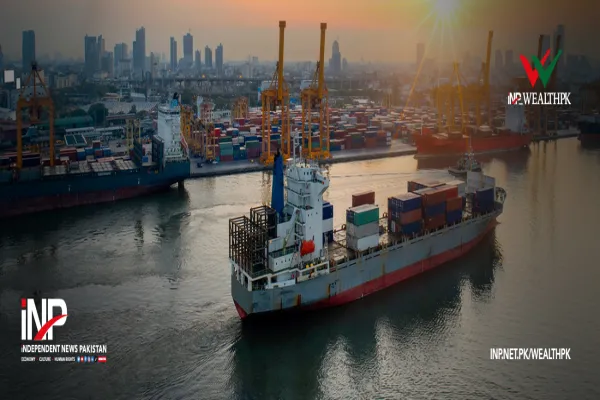i INP-WEALTHPK
Qudsia Bano
Economists and market specialists believe Pakistan faces an uphill task in maintaining fiscal discipline during FY26, warning that without strict control over expenditure, the country risks losing recent economic stability.

“Fiscal consolidation this year will not be easy given the rising demands on public resources,” said Salman Rafiq, senior economist at Optimus Advisory. Speaking to Wealth Pakistan, he explained that while revenues had shown improvement, unchecked spending pressures could widen the fiscal deficit and undermine growth prospects.
Analysts noted that Pakistan had historically struggled to sustain fiscal consolidation, with gains in one year often offset by slippages in the next. “The real challenge lies in controlling current expenditures while ensuring development spending is not compromised,” said Nadia Ahmed, Head of Research at Crescent Standard Business Management.
She added that better management of subsidies and targeted social spending could help create fiscal space without hurting vulnerable groups. “Expanding the tax base is necessary, but equally critical is ensuring that every rupee spent generates value for the economy,” said Nadia. She pointed out that leakages in public projects and weak financial management remain persistent risks.
Observers also stressed that improving the quality of fiscal data and adopting transparent reporting standards could help strengthen market confidence. Without credible discipline, they warned, borrowing costs could rise and crowd out private sector investment.
Experts concluded that fiscal discipline in FY26 could be achievable, but only if spending was carefully prioritised, wastage reduced, and resources directed towards productive sectors. Otherwise, the burden of financing gaps could again fall on external borrowing, exposing the economy to fresh vulnerabilities.
Credit: INP-WealthPk






